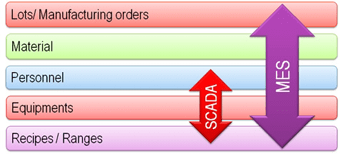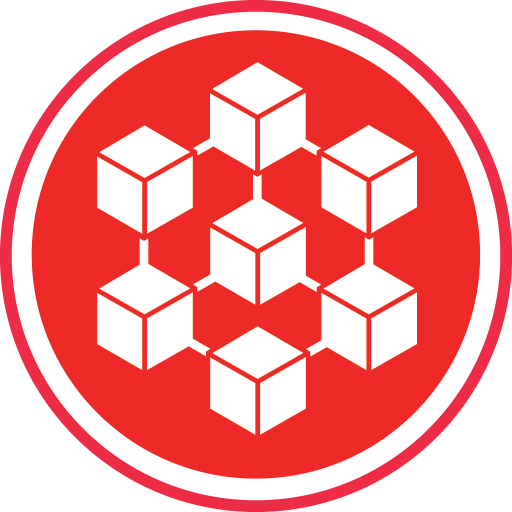COOX platform - COllaborative Operations & eXecution
The COOX® MES software (COllaborative Operations & eXecution) from ORDINAL Software relies on a single platform, SCADA & MES, integrating functional services and data model of your industriel computing.
The COOX® platform delivers a model directly towards the material, the batches, the recipes or the ranges, the equipment and the personnel. Its wide spectrum enables it to cover the whole of the M.E.S features but also the SCADA and historisation Data features (Data historian).
All ORDINAL Software developments relies from now on a single platform, covering all the aspects of MES (planning and control system of work orders, stock management, management of the products, tasks execution, traceability, performance analysis, reporting...) and SCADA. It’s COOX® platform (COOllaborative Operations & eXecution).
The COOX® platform offers a local or remote web access from any point of your Intranet network.


The COOX platform represents a technical platform unparalleled.
It incorporates the powerful technologies of the Internet : web server, architecture of distributed services, access via a browser, Java an JavaScript support, sending emails, etc
It also delivers essential system functions for industrial applications : OPC, Applicom, Modbus and TCP / Modbus, enabling dialogue with all types of controllers.
It offers a multi access service for databases (SQL Server, MySQL, Oracle) and optimized recording data service (historian).
It has an open architecture and predefined objects and models conform to the ISA-95 standard, as well as business services able to provide any SCADA or MES function. This platform of great technical richness is made available as soon as the acquisition of an item of the range COOX.
Benefits of COOX’s architecture
• No specific installation for the clients : a navigator (Plugin JAVA) is enough.
• Software updates are done only at the level of the server, what involves a greater flexibility and a reduction of costs of maintenance.
• Increased status of licenses by “floating licenses”: accounting of actually connected users.
Robustness of the system: strategy of management of failures
The study of the robustness of a system consists of knowing the answers of this system under nonnominal conditions of operation. These nonnominal conditions of operation can be translated either on the level of the system itself (failure of the material support of the system for example) or on the level of its entries. The robustness of a system is to be distinguished from its reliability, which rather measures its correct operation in time under nominal conditions. ORDINAL led an important program of innovation, cofinanced by the OSEO, intended for the improvement of the robustness of SCADA and MES systems. This work is integrated into COOX platform.


